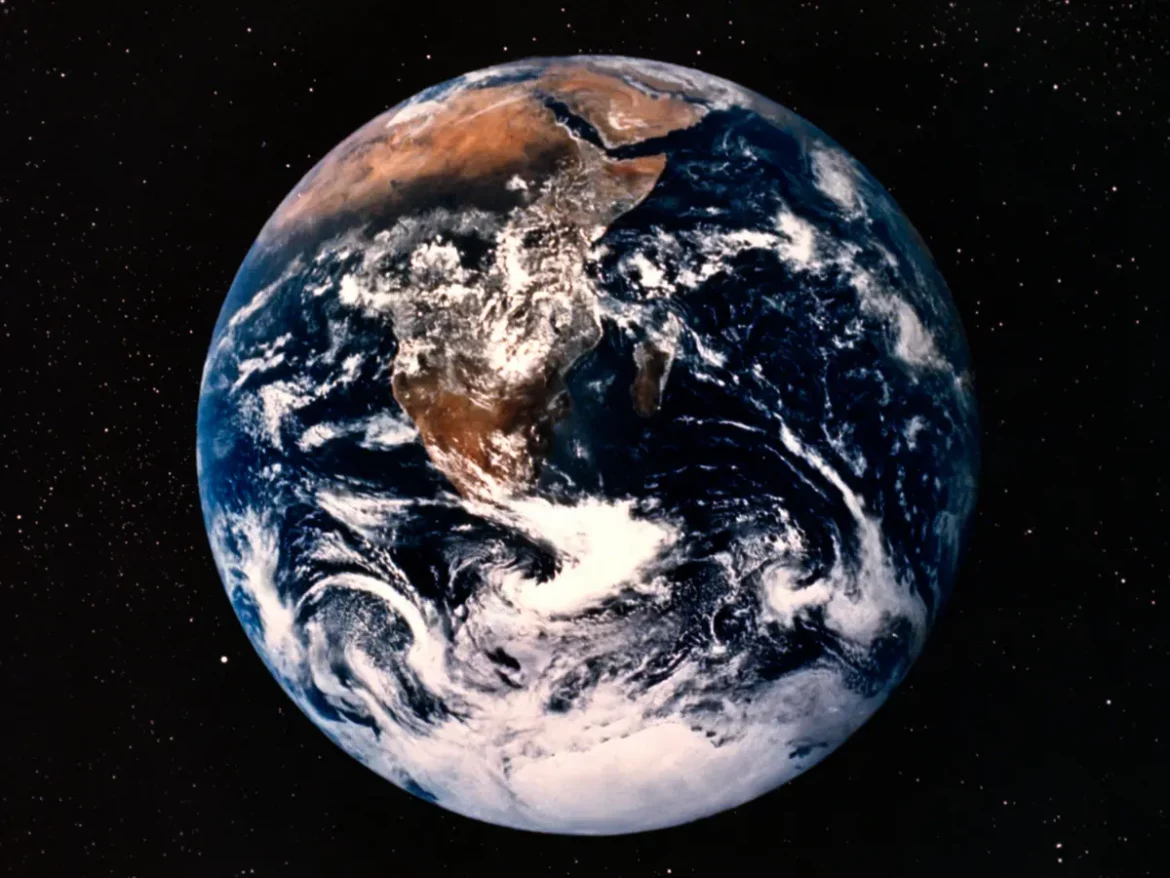A recent research has shown that one month out from Cop28, the world is further than ever from reaching its collective climate goals and that at the root of all these problems is the human “behavioural crisis”, a term coined by an interdisciplinary team of scientists.
“We’ve socially engineered ourselves the way we geoengineered the planet,” said Joseph Merz, lead author of a new paper which proposes that climate breakdown is a symptom of ecological overshoot, which in turn is caused by the deliberate exploitation of human behaviour.
“We need to become mindful of the way we’re being manipulated,” Merz, who is co-founder of the Merz Institute, an organisation that researches the systemic causes of the climate crisis and how to tackle them further stated.
Merz and colleagues believe that most climate “solutions” proposed so far only tackle symptoms rather than the root cause of the crisis. This, they say, leads to increasing levels of the three “levers” of overshoot: consumption, waste and population.
Read also: Australia asked to name heatwaves to combat dangers of extreme temperatures
They claim that unless demand for resources is reduced, many other innovations are just a sticking plaster. “We can deal with climate change and worsen overshoot,” says Merz. “The material footprint of renewable energy is dangerously underdiscussed. These energy farms have to be rebuilt every few decades – they’re not going to solve the bigger problem unless we tackle demand.”
“Overshoot” refers to how many Earths human society is using up to sustain – or grow – itself. Humanity would currently need 1.7 Earths to maintain consumption of resources at a level the planet’s biocapacity can regenerate.
Where discussion of climate often centres on carbon emissions, a focus on overshoot highlights the materials usage, waste output and growth of human society, all of which affect the Earth’s biosphere.
“Essentially, overshoot is a crisis of human behaviour,” says Merz. “For decades we’ve been telling people to change their behaviour without saying: ‘Change your behaviour.’ We’ve been saying ‘be more green’ or ‘fly less’, but meanwhile all of the things that drive behaviour have been pushing the other way. All of these subtle cues and not so subtle cues have literally been pushing the opposite direction – and we’ve been wondering why nothing’s changing.”
Story was adapted from the Guardian.
